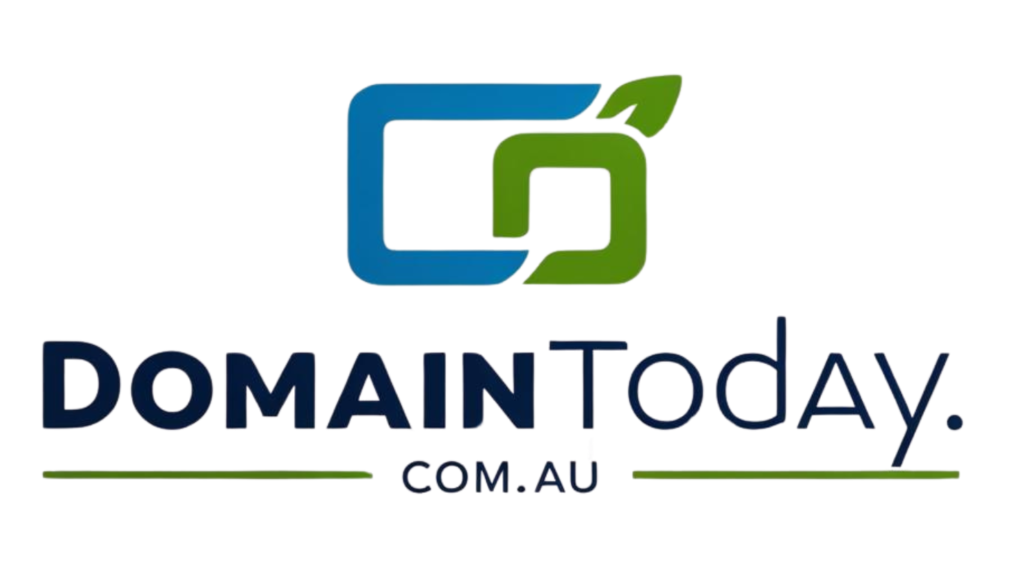OneTab Ltd, a company specializing in a browser plugin for tab organization on Google Chrome, recently found itself in a cybersquatting dispute that put the Uniform Domain Name Dispute Resolution Policy (UDRP) to the test. The plugin, with 3.5 million active weekly users, had its domain, OneTab.com, expire, leading to Ankit Oberoi acquiring it for $4,300 in a GoDaddy auction.
Both OneTab Ltd and Oberoi presented compelling arguments in the case. While online searches for ‘OneTab’ primarily led to the browser extension, Oberoi highlighted potential alternative uses of the term, including in the medical domain where he held various domain names.
An intriguing aspect of the case emerged when Oberoi initially priced the domain at $25,000, later doubling it to $50,000 following an inquiry. The panel acknowledged this as a questionable move but speculated that it might indicate Oberoi’s lack of prior knowledge about OneTab Ltd, suggesting he adjusted the price only after learning about the company’s success.
The World Intellectual Property Organization (WIPO) panel, recognizing the fine balance of evidence, ultimately deemed the case inconclusive under UDRP. The panel emphasized the need for more robust legal tools beyond UDRP’s scope to resolve such closely contested disputes, hinting at the limitations of the policy in handling complex cases.
UDRP, established to address straightforward instances of cybersquatting, faced a challenge in this nuanced case. The ruling underscored the importance of clear evidence and the burden of proof on the complainant, while also acknowledging the case’s suitability for traditional court proceedings given its complexity.
The involvement of legal representatives from Adlex Solicitors and Cylaw Solutions, along with the decision-makers at WIPO, shed light on the intricate legal considerations at play in cybersquatting disputes. The case highlighted the evolving nature of online trademark protection and the need for adaptable legal frameworks to address emerging challenges.
As cybersquatting cases evolve and become more intricate, the role of UDRP in resolving disputes may need to be reevaluated. The OneTab case serves as a reminder of the complexities involved in online trademark disputes and the importance of thorough legal analysis in determining rightful ownership of domain names.
With the domain industry witnessing a surge in legal battles over online trademarks, the OneTab dispute stands out as a case that tested the boundaries of existing policies. As technology continues to shape the digital landscape, the need for robust legal mechanisms to address cybersquatting and trademark infringements becomes increasingly crucial.
As the domain industry navigates the complexities of online trademark disputes, the OneTab case offers valuable insights into the evolving landscape of cybersquatting and the challenges in adjudicating such cases. With legal experts and organizations like WIPO at the forefront of resolving domain disputes, the industry faces a shifting legal landscape that demands adaptability and foresight.
📰 Related Articles
- UDRP Panel Rules in Favor of Regal Rexnord in Domain Dispute
- UDRP Case Reveals Reverse Domain Name Hijacking Dilemma
- Vietnam’s Decree 147 Enhances Domain Name Dispute Resolution
- UDRP Case Reveals Challenges in Cybersquatting Complaints
- Study Reveals AI’s Limitations in Scientific Discovery Creativity






![TR4U 3 in 1 Matte Case with 2-Pack Screen Protectors Compatible with Samsung Galaxy A56, [Shockproof] [Military Grade Prot...](https://m.media-amazon.com/images/I/71wz7IEm04L._AC_UL320_.jpg)